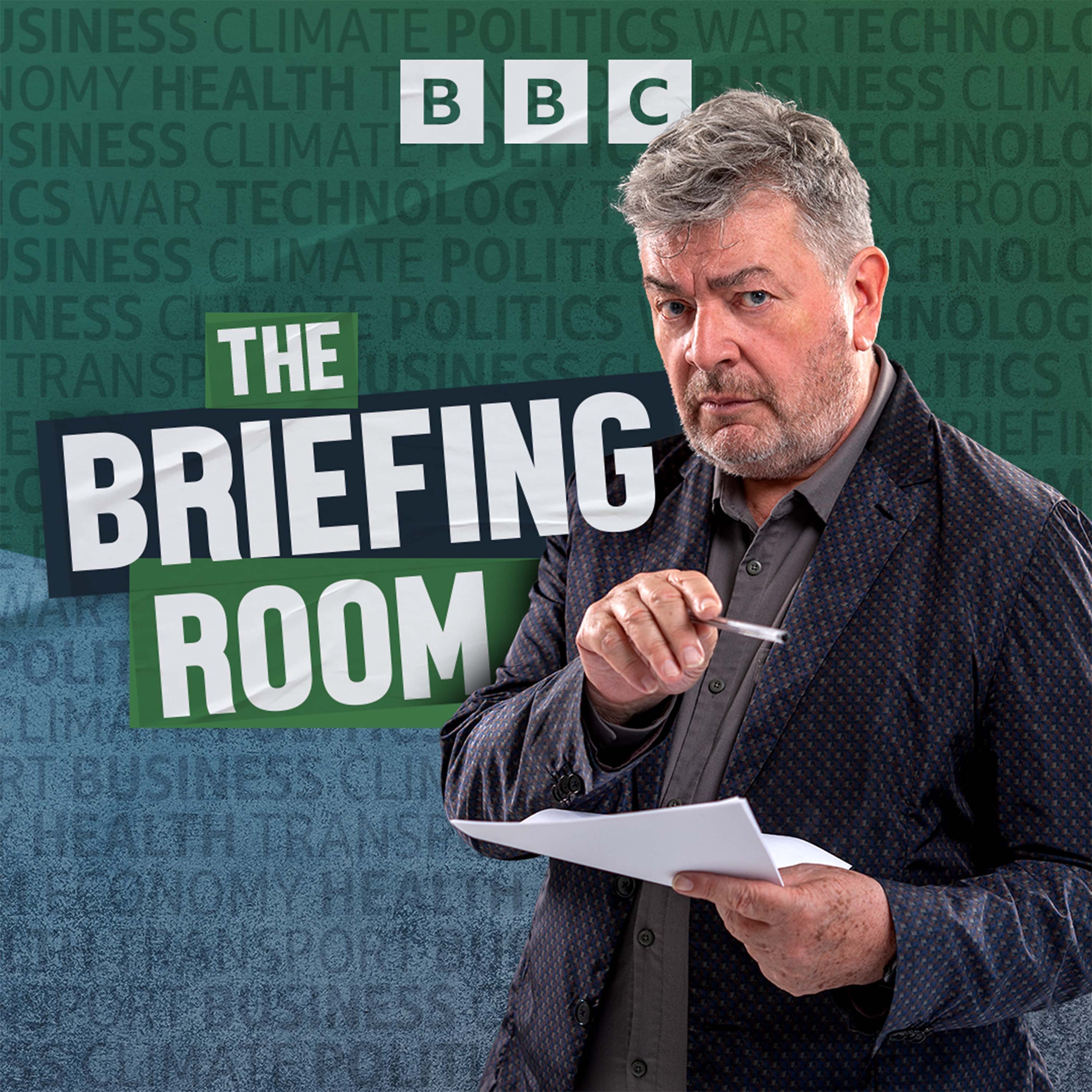How should we handle historic public inquiries? - The Briefing Room
Description
When a disaster or serious event happens, such as the Grenfell Tower fire, the Manchester Arena terrorist attack or the Covid pandemic, you can be pretty sure that a public inquiry will follow. They’re popular with the public as a means of investigating serious state failure. And for Governments they can be a good way of kicking a difficult issue into the long grass, as usually by the time the inquiry is finished a different set of politicians will have to deal with the report.
There are currently 25 public inquiries in progress in the UK today - the most ever, with six announced so far this year. They range from one into Scottish child abuse, which is the longest current inquiry, to another into a police restraint death which has just lost its chair and the lawyers working for the inquiry, to Covid 19 - the largest currently underway. And which by the end of June this year had cost 177 million pounds. David Aaronovitch and guests discuss how these public inquiries work, what they achieve and who, if anyone, benefits from them?
Guests:
Judith Moritz: BBC Special Correspondent
Deborah Coles, Executive Director, INQUEST
Emma Norris, Director of Policy and Politics at IPPR think tank,
Professor Lucy Easthope, emergency planner and responder and visiting Professor at the Centre for Death and Society, University of Bath.
Presenter: David Aaronovitch
Producers: Caroline Bayley, Kirsteen Knight, Cordelia Hemming.
Sound engineer: Duncan Hannant
Editor: Richard Vadon.






















